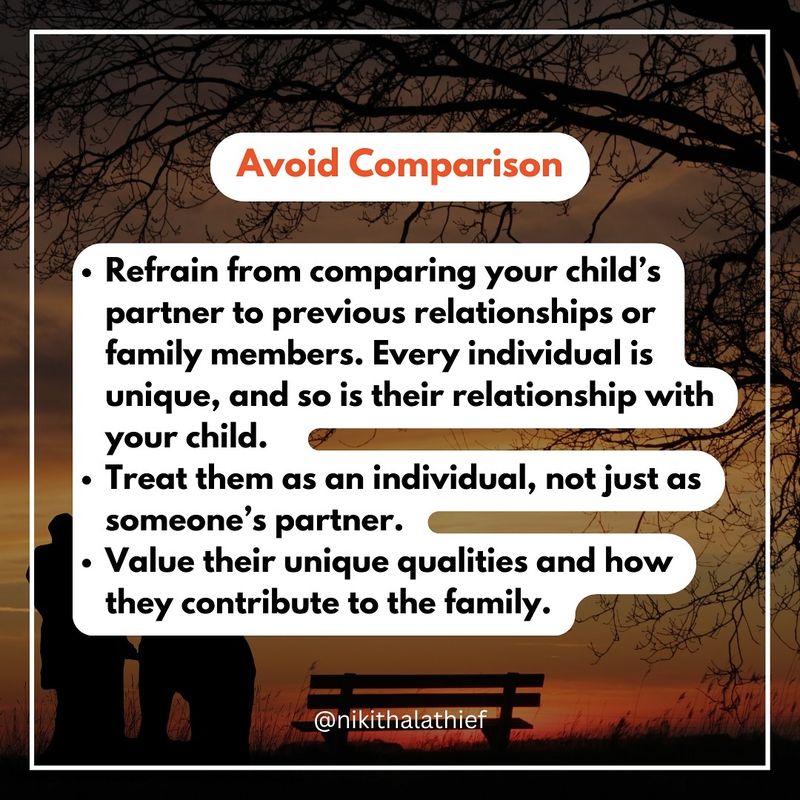In relationships, words hold immense power. While some comments may seem harmless at first, they can reveal deeper issues over time. Below are 13 phrases that partners may say, which seem fine but can become unacceptable if they persist.
1. “You’re Overreacting”

“You’re overreacting.” Initially, this might sound like a gentle reminder to stay calm. Yet, repeated use can signify dismissal of one’s emotions. Feelings are subjective, and what seems minor to one might be significant to another. Continually hearing this phrase may lead to self-doubt and emotional suppression.
Imagine sharing a heartfelt concern, only to have it brushed off. Over time, this response can erode trust and intimacy. Communication should be about understanding, not undermining. A partner who truly cares will listen and validate rather than belittle.
2. “I Guess You’re Right”

“I guess you’re right.” It sounds like agreement but often masks indifference. Agreement should stem from understanding, not resignation. When one constantly hears this, it may suggest a lack of genuine engagement or interest in the conversation.
A partner who truly values the relationship will share thoughts and feelings, not just concede without consideration. True connection lies in mutual understanding and respect. Over time, such dismissive agreements can lead to feelings of isolation and frustration.
3. “Why Are You So Sensitive?”

“Why are you so sensitive?” This question can sting, implying that one’s feelings are a burden. Everyone experiences emotions differently, and sensitivity is a personal trait, not a flaw. Over time, this question can create a wedge in communication, making the sensitive partner feel misunderstood and undervalued.
Sensitivity should be embraced, not criticized. For a healthy relationship, partners must appreciate each other’s emotional landscapes. Persistent questioning of one’s sensitivity can diminish self-worth.
4. “I’m Just Joking”

“I’m just joking.” Humor is wonderful, but when used to mask hurtful remarks, it becomes problematic. A joke at another’s expense can quickly turn into emotional warfare. Over time, these remarks chip away at self-esteem and trust.
A partner should ensure jokes uplift, not undermine. If repeated ‘jokes’ cause pain, it’s time to reevaluate boundaries and communication. Shared laughter is vital, but not at the cost of emotional well-being.
5. “You Always…” or “You Never…”

“You always…” or “You never…” These phrases generalize behavior and paint a partner’s actions in black and white. Such absolutes ignore the complexities of human behavior. They can create defensiveness and hinder open communication.
Partners should focus on specific instances rather than blanket statements. Constructive dialogue involves discussing feelings and events without exaggeration. Over time, these phrases can lead to resentment and distance.
6. “It’s Fine”

When “it’s fine” is uttered, it often means anything but that. This phrase can be a facade hiding true feelings, leading to unresolved issues. Over time, this can create a wall of unspoken grievances.
For genuine resolution, partners must openly express feelings and concerns. Hiding behind “it’s fine” obstructs growth and understanding. A partner willing to engage genuinely can overcome misunderstandings and foster trust.
7. “Whatever”

“Whatever.” A word that seems trivial but carries weight in dismissing thoughts and feelings. It’s a verbal door slam on communication, indicating dismissal and disinterest. Over time, this word can create rifts, leaving one partner feeling unheard.
Respectful dialogue involves acknowledging each other’s perspectives. “Whatever” trivializes valid feelings, inhibiting resolution. A loving partner listens and engages rather than shutting down with a single word. Communication is key to connection.
8. “Calm Down”

“Calm down.” A phrase that paradoxically ignites more frustration. It’s often said to diffuse tension but can feel dismissive or patronizing. Over time, such a directive can escalate conflicts and lead to feelings of invalidation.
Effective communication requires empathy and understanding. Telling someone to “calm down” often overlooks their emotional state. A supportive partner helps manage emotions through empathy, not orders. Understanding leads to resolution and harmony.
9. “I Don’t Care”

“I don’t care.” A direct dismissal of one’s feelings or concerns. Though it may seem like an offhand remark, it impacts deeply. Such phrases, if repeated, can signify a lack of interest in the partner’s well-being.
In relationships, mutual care and concern are fundamental. “I don’t care” erodes emotional security and trust. Partners should strive for compassionate dialogue that nurtures the relationship.
10. “You’re Just Like Your…”

“You’re just like your…” A comparison that can cause resentment, especially if the family member is viewed negatively. It overlooks the individual’s unique traits, reducing them to stereotypes.
Healthy relationships celebrate individuality rather than impose comparisons. Repeatedly hearing such comparisons can cultivate insecurity and frustration. Embrace the partner’s distinctiveness for a fulfilling connection.
11. “We’ll See”

“We’ll see.” A vague response that can breed uncertainty and indecision. It may seem like a considerate way to defer decisions, but over time it can convey reluctance or avoidance.
Decisive communication is essential for trust and security. Partners should aim for clarity and directness rather than leaving matters unresolved. “We’ll see” should transition into open discussions and mutual agreements.
12. “I Didn’t Mean It”

“I didn’t mean it.” An apology that can sometimes brush over hurtful actions or words. While intentions matter, the impact of words is equally significant. Repeated reliance on this phrase may imply a lack of accountability.
Meaningful apologies involve acknowledging harm and demonstrating change. Partners must be mindful of their impact and work towards positive interaction. True remorse fosters healing and growth in the relationship.
13. “I’m Too Busy Right Now”

“I’m too busy right now.” While understandable occasionally, if repeated, it suggests prioritization issues. Time and attention are crucial for nurturing relationships. Over time, this can lead to feelings of neglect and loneliness.
Balancing commitments is vital. A partner should make time for meaningful interactions and shared experiences. Demonstrating commitment through time fosters a sense of belonging and togetherness.

